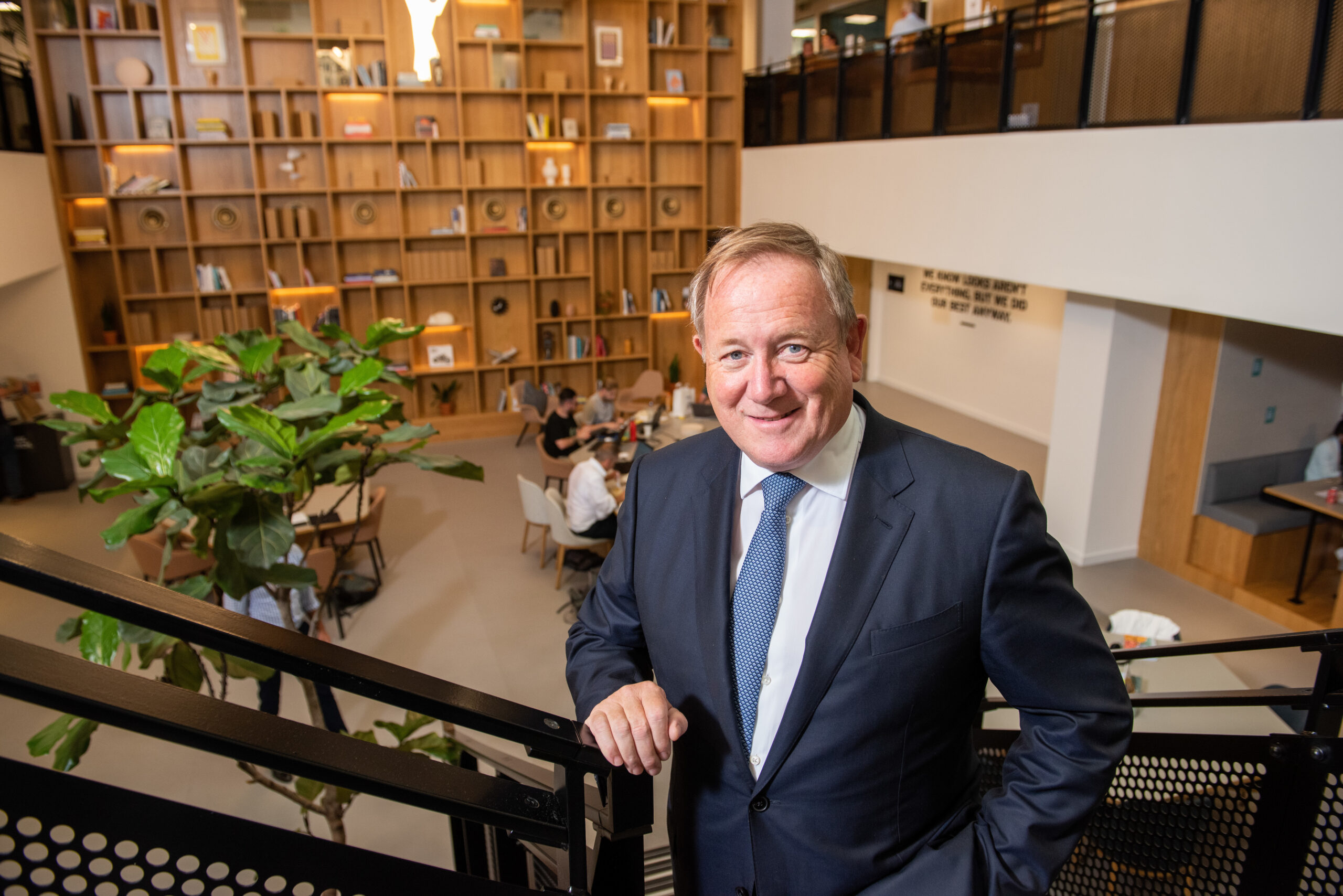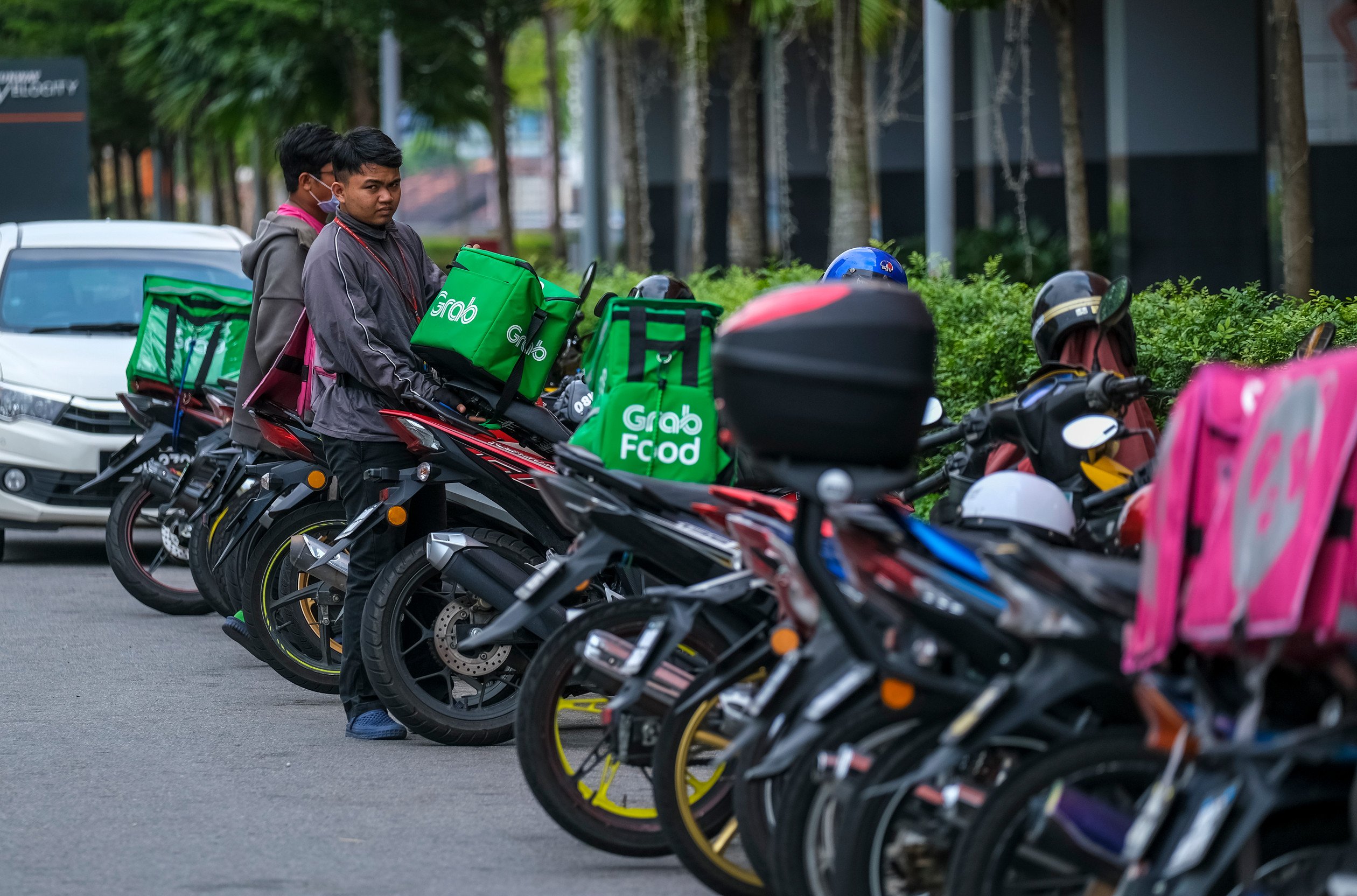For Gen Z, hybrid work isn’t just a vibe—it’s a call for companies to listen
- HRM Asia Newsroom

“The Gen Z workforce does not simply expect but demands a healthy balance between their professional lives and their personal pursuits.” – Mark Dixon, Founder and CEO, International Workplace Group
By 2025, Gen Z will make up over a quarter of the workforce. Beyond fleeting trends and idiosyncratic memes, the reality is that Gen Z is rapidly rising as a demographic of substantial influence – especially when it comes to work, and this is no different in Asia-Pacific. With heightened expectations for flexibility and a robust work-life balance, today’s young professionals are set to shape the future of work in significant ways.
The Gen Z workforce does not simply expect but demands a healthy balance between their professional lives and their personal pursuits. This is a major reason hybrid working strongly resonates with them. This generation, like many white-collar employees, is simply unwilling to commute for a couple of hours every day to an inconveniently located workplace where they can work just as productively and comfortably closer to home. Instead of being limited to a binary choice between working from a traditional city centre office and home, many increasingly prefer a third option: local co-working spaces or offices close to home with other like-minded professionals from diverse fields.
As organisations navigate the ongoing global talent crunch, adapting to these evolving preferences has become essential. More than ever, aligning with employees’ expectations for flexibility is a strategic move to attract and retain the very best talent in a highly competitive landscape.
The shift towards hybrid working is a megatrend, empowering millions globally to work in more productive and fulfilling ways—and it is here to stay. Research by economist and academic Professor Bloom from Stanford University shows that the hybrid model is becoming well and truly embedded in the DNA of organisations of all sizes worldwide. He anticipates that up to 30-40% of employees will adopt hybrid models in the long run, highlighting the need for initiatives that can support this shift.
Furthermore, a study conducted for the Bank of England, Stanford University, King’s College London and Nottingham University found that each hybrid workday raises an organisation’s productivity by around US$19,000. As demand for choice, flexibility, and balance rises among young professionals, workplace expectations are universally shifting, especially across Asia-Pacific.
A study conducted by the International Workplace Group reflects these changing preferences. It found that 88% of Singapore’s Gen Z workforce favour hybrid working over long commutes to the office daily, with three in five employees (61%) preferring to spend two to three days in the organisation’s headquarters to maximise productivity. This overwhelming preference for hybrid working reflects a desire for more flexible work arrangements that allow Gen Z employees to ultimately live and work in a more fulfilling and productive way.
The study also found that 78% prefer working anywhere but their homes, with 40% specifically choosing near-home professional workspaces as their ideal location. The truth is that the office is not dead. It just moved to more easily accessible locations. For instance, the Group has grown its footprint in Singapore to 25 centres across the CBD and heartlands – including Regus at Tampines and Spaces at Paya Lebar – to provide hybrid workspaces close to both business hubs and where Singapore residents actually live.
As the founder and CEO of International Workplace Group, the world’s largest provider of hybrid work solutions, I have worked with professionals across various generations and championed hybrid working for nearly 25 years. For Gen Z, hybrid working is more than just an aspirational vibe; it is a pathway to improved work-life integration and overall career fulfilment. Gen Zs who work the hybrid way report enhanced work-life balance (34%), flexibility in working hours (32%), and increased personal savings (31%) as their top benefits.
READ MORE: Gen Z and millennials in Asia-Pacific want purpose, sustainability in jobs
Supporting these findings, a separate study by the Group shows that hybrid working significantly benefits employee wellbeing. Four in five employees (80%) report improved overall wellbeing due to greater flexibility, with 68% noting improvements in their physical health. Employees also cite various other benefits, including better sleep quality, more physical exercise, and time for healthier meal preparation.
Since Gen Z entered the workforce, either during or post-pandemic, hybrid work has become normalised and continues to shape their employment decisions. In fact, our research reveals that the ability to work in the hybrid model significantly influences Gen Z’s career choices. Over 70% of employees will only accept job offers or stay with their current employer if they offer some form of flexibility. A separate study found that 88% of employees considered hybrid working to be the top benefit expected in a new role.
Every business leader wants their organisation to thrive, and adapting to the expectations of a new generation is key to achieving this. By proactively building a culture that embraces hybrid work, leaders can not only attract and retain top Gen Z talent but also foster a productive and engaged environment—ultimately setting the organisation up for greater success.
Today, more governments, like those in Malaysia and Singapore, are advocating for guidelines around flexible working arrangements and this trend is only set to increase. Collective mindsets are noticeably shifting, and more organisations can expect to reap the productivity benefits giving employees more autonomy to work and slay in equal measure.
About the Author: Mark Dixon is the Founder and CEO of International Workplace Group.
For more news and analysis on the latest HR and workforce trends in Asia, subscribe to HRM Asia and be part of the region’s largest HR community!






